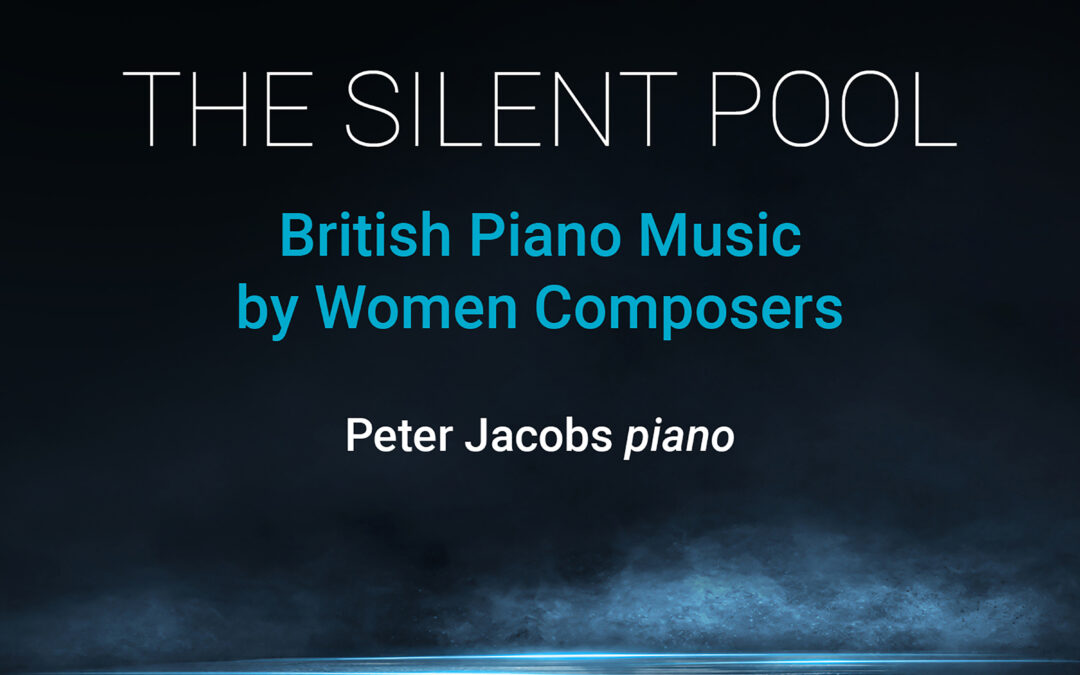Peter Jacobs piano
HERITAGE HTGCD 126
Peter Jacobs is the doyen of British pianists, and those who admire the keyboard music of British composers have particular cause to be grateful for his tireless work in making so much neglected repertoire better known. In this disc he turns his attention to the distaff side.
He makes the point that women composers are everywhere being celebrated, and that this CD ‘is a slightly quirky and certainly personal offering’. He has not set out to provide a structured sequence, but has aimed to gather a group of pieces which ‘are rewarding to play … varied in style and intellectual depth.’ In this he has certainly succeeded.
The first three tracks are of music by Ethel Smyth; all date from 1877, so are quite early and from her days as a student in Leipzig. While the influences, which would have been all but inescapable, are clear (Beethoven, Schumann, Mendelssohn and Brahms), there is still more than enough individuality to give some indication of what she was to achieve later in life. They are beautifully written for the instrument and, as many may not know that Smyth composed anything for the piano, they are most welcome.
Maconchy’s A Country Town provides a good contrast, a sequence of short pieces that are full of character. Grace Williams’ The Silent Pool, which gives this disc its title, is quite bleak and seems almost to belong to the world of Janacek’s piano music. The expressive means used by the composer are of the simplest, with variations of tension coming from discords and an interesting use of pedal points.
Madeleine Dring’s jazz-inflected idiom takes us into quite another world and another excellent contrast. Her Colour Suite is full of recollections of figures such as Billy Mayerl, but the second movement ‘Red Glory’ seems to belong to a latter-day Scenes of Childhood. Judith Bingham’s The Moon Over Westminster Cathedral is a miniature tone-poem which succeeds in conveying the scale of that extraordinary building and at night. The various registers of the piano are used with great imagination and this is the longest of the twentieth-century pieces.
Jacobs’ approach to the Woodforde-Finden’s Indian Love Lyrics is straightforward, and uses a variety of registers. The results are very convincing and manage to sound idiomatic without making the listener wish for the vocal line. This is a most enjoyable disc which stands up well to being experienced in one sitting, for all Jacobs’ protest of a lack of coherence and structure. I would warmly recommend it to anyone with a liking for elegant and well-written keyboard music.
Review by Martyn Strachan

